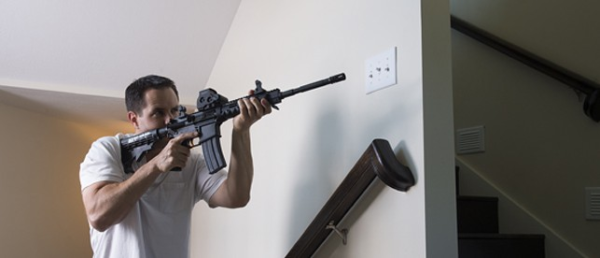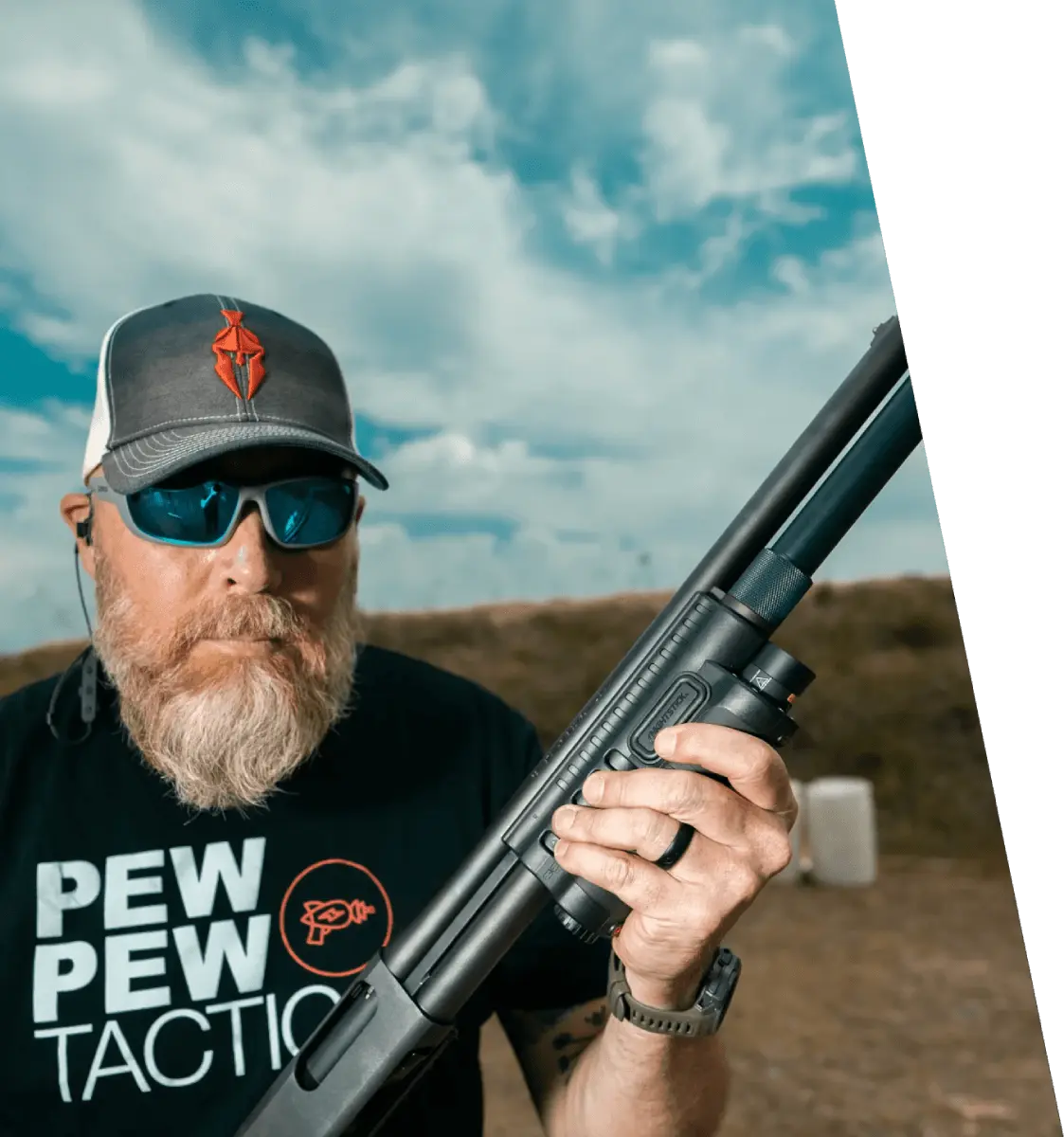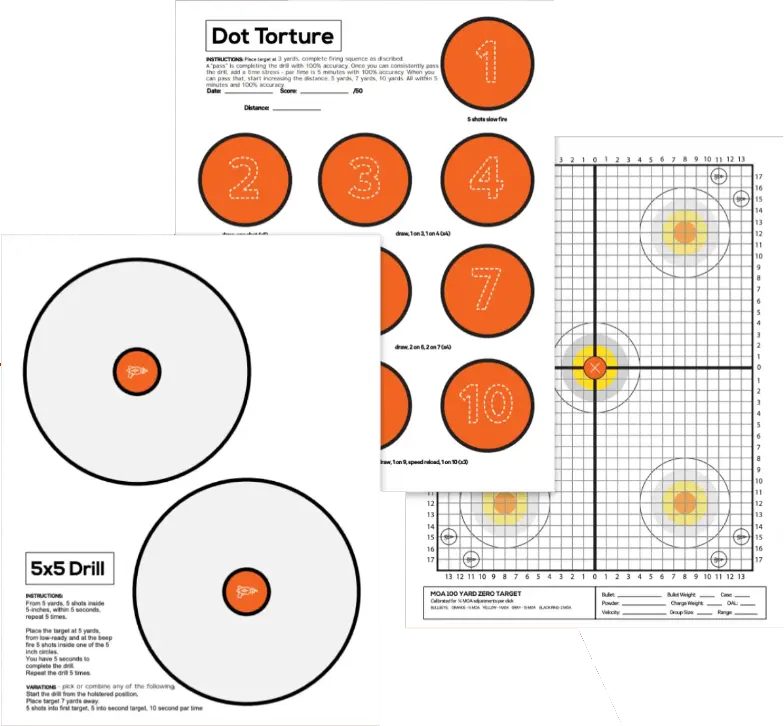
Before we get started
Massachusetts makes a distinction between firearms with “large capacity” magazines and “non-large capacity” magazines, and you’ll want to keep this in mind throughout all of your gun-buying decisions. In Massachusetts, it is illegal to own magazines that can hold more than 10 rounds, because anything that can hold more than 10 rounds is a “large capacity” magazine. The only magazines that are exempt are ones that you have owned prior to September 13, 1994. Not to worry though! Gun manufacturers make 10 round magazines to accommodate people living in states with magazine capacity limits.Buying a handgun
Before you decide to buy a gun, you’ll need to ask the state of Massachusetts for permission to exercise your 2nd Amendment right, and apply for a permit. Depending on the type of firearm you want to buy, however, you will need to apply for a different type of permit. To buy a handgun, you must:- Be 21 or older;
- Provide state ID;
- Have a License to Carry a firearm (LTC); and
- Have a background check performed by a licensed firearms dealer.
License to Carry
The good thing about getting the LTC is that not only does it allow you to purchase and own a “large-capacity” handgun, shotgun, or rifle, it also lets you carry a handgun, both openly, and concealed. The bad news? The application is made to the Colonel of the State Police, who may issue the permit. Or may not. Just like any permit to carry in a may-issue jurisdiction, it’s unlikely the state will issue a permit, unless you can show an urgent need, or are a celebrity. To qualify for an LTC, you must:- Be 21 or older; and
- Provide proof of completion of a firearms safety course.
- Are the subject of a restraining order;
- Are the subject of any outstanding arrest warrants;
- Have been confined to a hospital or institution for mental illness or been under treatment or confinement for drug addiction or habitual drunkenness; or
- Have been adjudicated as a minor or convicted as an adult, of:
- A felony;
- A misdemeanor that could have resulted in jail time for more than 2 years;
- A violent crime;
- A violation of a gun law that could have resulted in jail time; or
- A violation of a drug law.
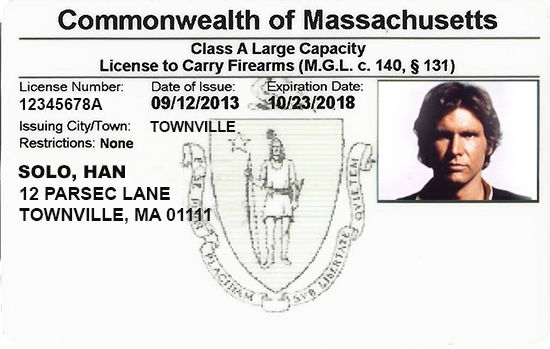
Actually buying a handgun
When you finally manage to get the LTC, you can head to your local gun store to pick out the handgun that you want to buy. Oh, but there’s one more catch: you can only buy the handguns that the State has approved. Massachusetts has a list of approved handguns that it has deemed are safe for civilians to purchase and own, provided on their Large Capacity Weapons Roster. These “large capacity weapons” are firearms that can hold more than 10 rounds at a time. Aside from the handguns on this roster, no other types or variations are allowed, even if it’s just a slightly different color. If you want to buy an actual gun not restricted by random laws your state representatives decided were too dangerous for you to own, you’ll have to get it through a private seller. Good luck finding someone who is willing to sell you a normal gun though. And of course, keep in mind, all private sales have to go through the record-keeping of the Massachusetts Gun Transaction Portal.What about long guns?
You still want to buy a long gun after all of that? Great! Lucky for you, the state has a different permit for buying long guns! If you did not go through the process of getting an LTC and are only interested in long guns, you can apply for a Firearms Identification (FID) Card. An FID card is required to own or buy a long gun, and is even required in order to have a long gun in your own home or place of business. The only exception is if you have an antique firearm, which does not require any permits to own. An antique firearm is any firearm:- Not intended or redesigned for using rimfire or conventional centerfire ignition with fixed ammunition, and is manufactured before 1899; or
- Manufactured before 1899 that uses fixed ammunition that is no longer manufactured in the US, or is not readily available in ordinary markets.
- Is semiautomatic with a fixed large capacity feeding device;
- Is semiautomatic and capable of accepting, or readily modifiable to accept any detachable large-capacity feeding device;
- Uses a rotating cylinder capable of accepting more than 10 rounds of ammunition in a rifle, or more than 5 shells in a shotgun; or
- Is an assault weapon.
Applying for the FID
To actually apply for the FID card, you must:- Be 18 or older;
- Be a legal resident of the US; and
- Complete a firearms safety course.
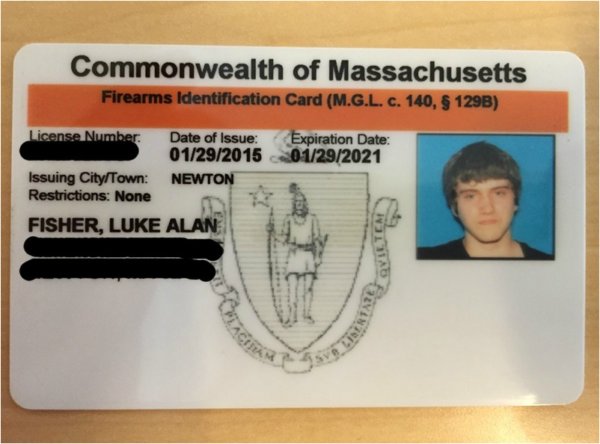
- Having been confined for a mental illness or treated for drug addiction or drunkenness;
- Being a fugitive from the law (well, yeah);
- Being the subject of a domestic protective order;
- Past criminal convictions or juvenile adjudications.
- Be 18 or older;
- Provide a copy of your immigration card; and
- Provide proof of completion of a firearms safety course.
Actually buying a long gun
Once you’ve gotten permission from the state, whether in the form of an LTC, FID card, or a Resident Alien Permit, you’ll be ready to actually go buy a long gun. To buy a long gun, you must:- Be 18 or older;
- Provide ID;
- Provide an LTC, FID card, or Resident Alien Permit; and
- Have a background check performed by a licensed firearms dealer.
Assault Weapons
Assault weapons are banned in Massachusetts. But what exactly does Massachusetts consider an “assault weapon?” While there is an official list of all the specific firearms the State considers an “assault weapon,” you won’t be able to buy them from any dealer in the state anyway, so you just really need to be aware of the definition of an “assault weapon” and be careful that your firearms don’t have the same characteristics. An assault weapon is defined as any of the following firearms:- A semiautomatic, centerfire rifle that has the capacity to accept a detachable magazine and any two of the following:
- A pistol grip that protrudes beneath the action of the weapon;
- A folding or telescoping stock;
- A grenade launcher or flare launcher;
- A flash suppressor or threaded barrel designed to accommodate a flash suppressor; or
- A bayonet lug.
- A semiautomatic pistol that has the capacity to accept a detachable magazine and any two of the following:
- A threaded barrel, capable of accepting a flash suppressor;
- A second handgrip;
- A shroud that is attached to, or partially or completely encircles the barrel, that allows the weapon to be fired without burning the hand of the user, other than a slide that encloses the barrel; or
- The capacity to accept a detachable magazine at a location outside of the pistol grip.
- A semiautomatic shotgun that has two of the following:
- A folding or telescoping stock;
- A pistol grip that protrudes beneath the action of the weapon; or
- The ability to accept a detachable magazine.
- A shotgun with a revolving cylinder.
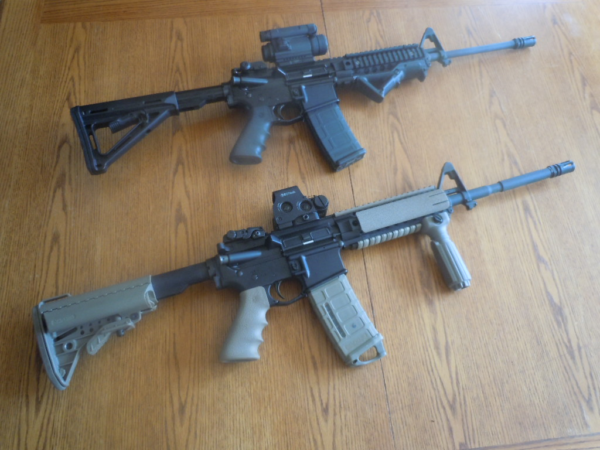
Have Gun, Will Carry
If you managed to get an LTC when purchasing your handgun, then you can actually carry your handgun while out and about! For the most part, anyway. There are additional laws that you’ll need to watch out for when carrying though, that we will detail in our Massachusetts CCW page. Hop on over and check it out once you wrap up with the general gun laws here!Not From Around Here?
If you’re a non-resident carrying firearms in Massachusetts, there are a special set of laws for you to follow. US citizens who are non-residents of Massachusetts who have a license to carry a handgun, issued by any state, can carry a handgun in Massachusetts if they are:- Participating in a competition or exhibition of an organized group of firearms collectors; or
- For the purposes of hunting, with a valid Massachusetts hunting license.
- While hunting, with a valid hunting license;
- While on a shooting range;
- While travelling in or through Massachusetts (if the rifle or shotgun is unloaded and enclosed in a case);
- While at a gun show organized by a gun collector’s club or association; or
- If the non-resident has a permit to possess a firearm, and the requirements for the permit meet the same requirements as the ones for Massachusetts (probably not).
On the Road
If you have an LTC, you can carry a loaded handgun while in the vehicle, as long as it is under your direct control. In all other situations, whether you are transporting long guns, or are just leaving your firearms in the car while you go run an errand somewhere, you will need to keep the firearm unloaded in a locked case or some type of secure container.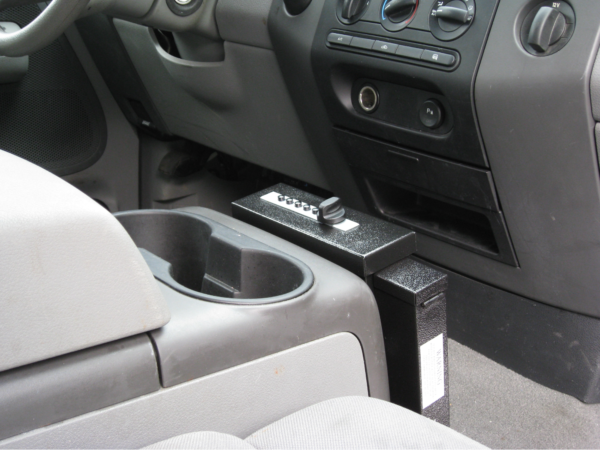
Boston Special
In Boston, you cannot own, transfer, or buy certain guns without a license granted by the Boston Police Commissioner, including:- A shotgun with a revolving cylinder or a capacity exceeding 6 rounds;
- A semiautomatic rifle with a fixed magazine capacity exceeding 10 rounds;
- Any semiautomatic pistol that is a modification of a rifle or shotgun with a shorter barrel or no stock;
- Any magazine or belt that holds more than 10 rounds.
When Can You Use Your Gun?
Aside from their sporting use, there are also situations where you are allowed to use firearms to defend yourself.Protecting the Castle
Under what is commonly known as the “Castle Doctrine”, if you are at home, you can use deadly force to defend yourself and others if necessary. Specifically, if you reasonably believe someone that is illegally in your home is about to inflict great bodily injury or death on you or someone else in the house, you can use reasonable means to defend yourself. It’s important to note here that the law does not specifically say you can use deadly force, but only that you can use “reasonable means” to defend yourself. Of course, if someone breaks into your home and has a weapon in hand, intent on harming you or your loved ones, then it may be reasonable to use deadly force to face the threat.